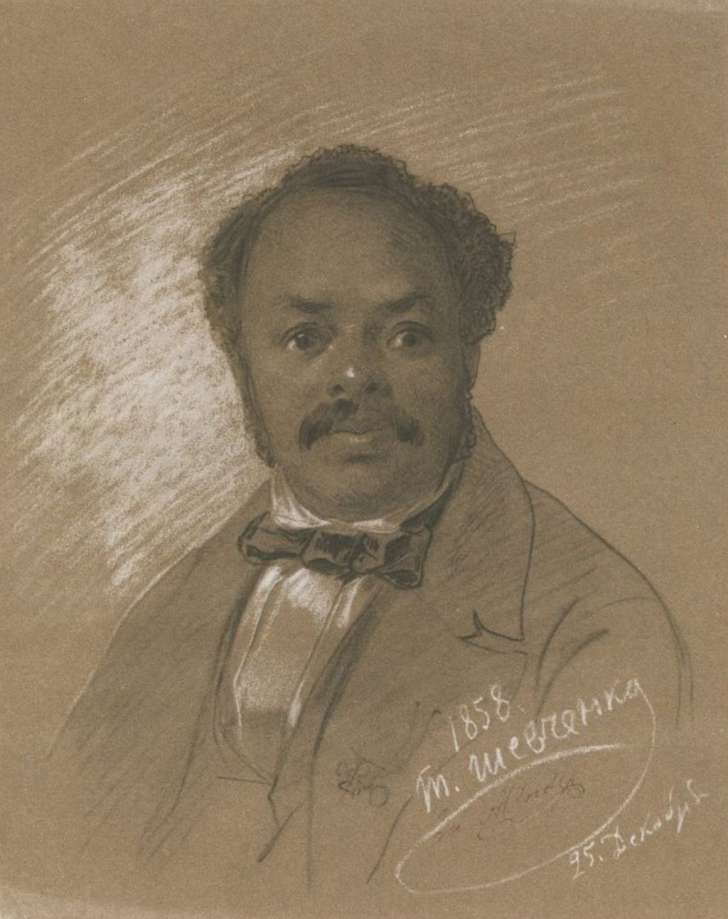In 1825, Ira Frederick Aldridge made history as not only the first black man to a play role in a Shakespeare play but the first black man to play the coveted role of Othello, beginning an exciting career for the 17-year-old who decided to leave his home in the USA to pursue his dreams.
Ira Frederick Aldridge was born on July 24, 1807, to Daniel Aldridge and Luranah Aldridge. His parents were free African Americans who lived in New York where his father worked as a preacher man. Ira gained good house training and his parents had dreams of him becoming a clerk and later walking in his father’s footsteps as a clergyman.

Ira attended the African Free School set up by the New York Manumission Society for children of free African Americans to attain quality education without suffering from discrimination or racism.
At a young age, Ira gained an interest in theater and would often visit the Park Theater or visit the African Grove Theater to watch Shakespeare plays. While in school, he joined the African Company in New York and took the stage for the first time in 1822 when he was 13 years old playing the role of Rolla in Pizarro by Richard Brinsley Sheridan, which he played so well and got him other roles.
In 1824, Ira made the tough and bold decision to move to England in an attempt to escape racism and discrimination that prevented him from advancing in his acting career. Like many other black creatives in the USA, Ira had heard about the abolition of slavery and the Industrial revolution which were both an advantage to the Black community. Racism and discrimination were lower in Europe and Blacks had more potential to advance in any chosen career.

Ira set sail for England by working as a steward on the ship where he met British actor and theatre producer James Wallack who had taken notice of young Ira’s exceptional skill while visiting New York. On arrival in England in October 1824, Wallak offered him a position as his personal assistant which the 17-year-old took without thinking of it ultimately exposing him to several theatres, playwrights and directors which will lead to him gaining the role of Othello in May 1825.
Soon after the play, Ira’s popularity spread throughout England making him known as the gentleman of colour lately arrived from America whose performance of Othello was certainly one of the finest physical representations of bodily anguish ever witnessed. If there was ever a doubt about the young black actor who came to compete among the creme de la creme in Theater, his debut performance set him apart from the rest by a huge margin.
According to a book by E.S. Nelson, African American Dramatists: An A-to-Z
By July 1825, Ira had become the most sought-after actor in the whole of Europe as several t
Ira became one of the richest actors in Europe earning the name African Roscius after the great Roman actor Quintus Roscius Gallus. He played different roles including a butler in a comedy play The Padlock and in Oroonko by Aphra Behn.

By 1827, Ira began to tour Europe gaining great popularity in Russia, Germany and Italy and playing white characters in plays such as Shakespeare’s Richard III and Merchant of Venice.
Unfortunately, he could not escape racism and discrimination in Europe. In 1828, a campaign was started to get him off the stage and out of “white’ plays which gave him the idea of taking Othello and other plays on a UK tour. This made him more popular and respected and earned him the position of manager of the Coventry Theatre in 1828, making him the first black manager of a British theatre.
Ira’s tales about his lineage, charm and riches earned him a place among the top European royalties and one of the most wanted men in all of Europe by young women. He became friends with celebrated Russian writer Fyodor Tolstoy, Ukranian poet Taras Shevchenko, King Frederick Wiliam IV of Prussia and several others.

Ira’s career never experienced a fall until his death in 1867 when he was making plans to return to the USA. In 1853, he was awarded
Golden Medal for Art and Sciences by the German king King William I and in 1858, he was given the title Chevalier Ira Aldridge, Knight of Saxony.

Ira married Margeret Gill, a British in 1825 and their marriage sparked anger and controversy in the UK. They were married for 40 years. The two however never had children but raised Ira’s son Ira Daniel whom he had with another woman. Ira also had a long time Swedish mistress Amanda von Brandt who he married shortly after his wife’s death and had 4 children with her, two of whom became world-renowned opera singers.

Ira died in Łódź, Poland on August 7, 1867, from severe lung conditions while visiting the country where he was buried in the city’s Evangelical Cemetery. In 1890, a proper tombstone was erected in his honour and has since been looked after by the Society of Polish Artists of Film and Theatre.










